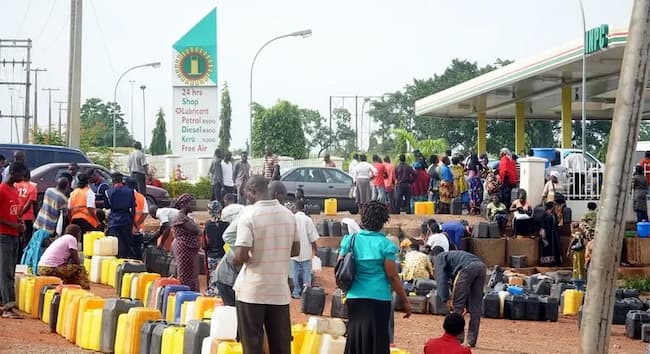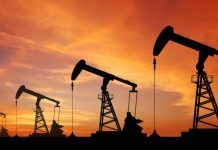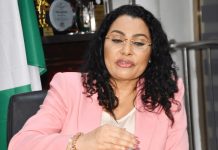Oil marketers have expressed concerns that a combination of surging crude oil prices and the weakening value of the Nigerian Naira against the US dollar could result in an increase in the pump price of Premium Motor Spirit (PMS), commonly known as petrol.
The increase in crude oil prices, which has surged to approximately $94 per barrel, and the ongoing foreign exchange crisis have led to a gradual escalation in the government’s hidden expenditure on petrol subsidies.
Dealers in the downstream oil sector have highlighted that over 80 percent of the cost of PMS is influenced by the price of crude oil and the exchange rate of the dollar.
Brent crude, the global benchmark for oil, reached $94 per barrel, its highest level in 2023. Oil prices started the year around $82 per barrel, temporarily dipped to $70 per barrel in June, but have rebounded to over $92 per barrel in recent weeks.
Simultaneously, the Nigerian Naira has experienced depreciation, with reports indicating rates as high as N950 per dollar, exacerbating the foreign exchange scarcity.
While the Federal Government and the Nigerian National Petroleum Company Limited (NNPC) maintain that petrol subsidies have been eliminated following the deregulation of the downstream oil sector, industry operators contend that the government is effectively implementing a quasi-subsidy.
They argue that with the recent surge in crude oil prices, the cost of petrol should logically increase. If the government insists on maintaining the current pump price at N617 per liter, it implies a quiet return to subsidizing PMS.
Marketers point out that back in July, when petrol prices were raised to N617 per liter, crude oil was trading at approximately $82 per barrel, and the exchange rate had not reached as high as N950 per dollar in the parallel market.
The Nigerian Association of Road Transport Owners (NARTO) echoed the concerns of marketers, emphasizing that the price ceiling on petrol has made it challenging for them to comply with NARTO’s demands for increased transportation costs associated with petrol.
Chief Chinedu Ukadike, the National Public Relations Officer of the Independent Petroleum Marketers Association of Nigeria (IPMAN), explained, “In this price deregulation regime, once the dollar increases, automatically it means that the cost of importing petroleum products will also increase. And the cost of every other related service will rise. So the fuel we are buying today at N617 or N596, depending on where you buy it and based on the proximity to depots, is actually below what the price should really be, given the rise in the dollar and crude oil prices.”
Ukadike emphasized that the increasing gap between the exchange rates in the official and parallel markets is contributing to the government’s quasi-subsidy on petrol.
He noted that although the rise in oil prices may lead to higher foreign exchange earnings for Nigeria, these earnings are primarily used to import refined petroleum products, creating a paradoxical situation.
Responding to questions about whether the spike in oil prices would necessitate further increases in petrol prices and, consequently, an increase in petrol subsidies, Ukadike affirmed that this was a possibility, given the substantial gap.
Billy Gillis-Harry, President of the Petroleum Products Retail Outlets Owners Association of Nigeria, suggested that despite the recent rise in crude oil prices, NNPC should be able to manage the situation to benefit Nigerians in terms of petroleum product pricing.
He stressed that since NNPC is the major importer of petroleum products and operates on a swap basis, Nigerians should see the impact of higher crude oil prices in the pricing of products.
However, the debate over fuel subsidies and petrol pricing continues, with calls for greater transparency from the government and a more equitable distribution of benefits to Nigerians from the nation’s natural resources.













